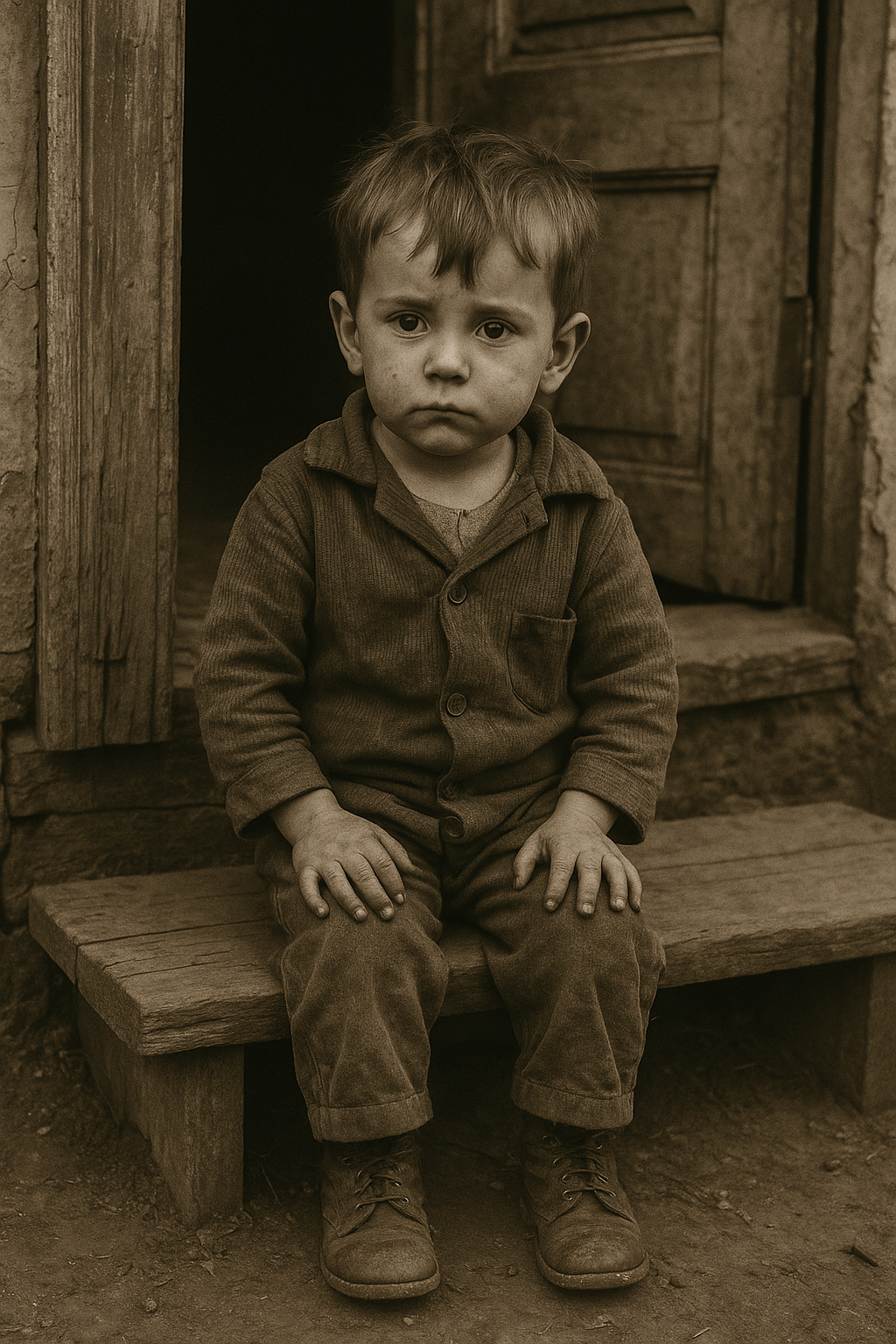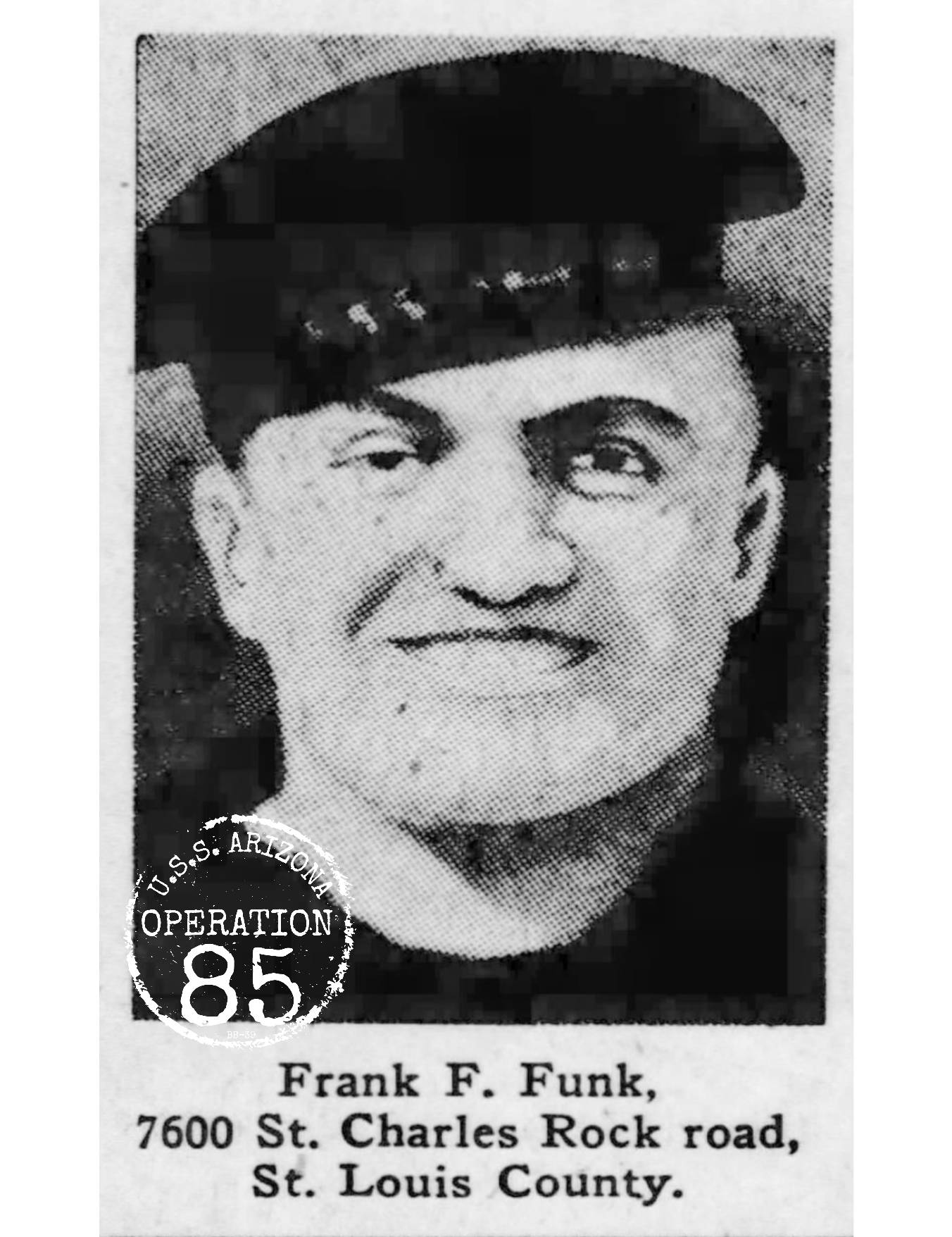Before Pearl Harbor: The Orphaned and Grieving Boys Who Became U.S.S. Arizona Sailors

Before Pearl Harbor: The Orphaned and Grieving Boys Who Became U.S.S. Arizona Sailors
Long before Pearl Harbor, many of the U.S.S. Arizona’s crew had already faced devastating loss—growing up without parents, through disease, hardship, and heartbreak during a harsher America.
Written by: Bobbi Jo Buhl
The men of the U.S.S. Arizona knew death from a young age. At least a quarter of them were younger than 18 when one or both of their parents died.
Ray Milo Wilson was one when his mother, Mona, died of tuberculosis. He was not quite two when it killed his dad, Harry. He’d served as a private in the field artillery in France in World War I, was gassed and “never really recovered,” according to his obituary.
By the time he was 8, Emmett Isaac “Rusty” Lynch was an orphan and most of his siblings were dead. Tuberculosis first struck the family when he was eight months old. It eventually killed two sisters, two brothers, and his mother, Vernice. It isn’t clear what killed his father, but he was dead by the time Rusty was two.
It wasn’t until the 1940s that antibiotics came into widespread use and decreased deaths from tuberculosis and appendicitis — another killer of Arizona parents. Childbirth was another grave danger during the years the Arizona men were born, and at least a dozen of their mothers died. Eventually, antibiotics helped reduce maternal mortality too.
The “lucky” children went to live with other family when their parents died. But then some of those relatives also died. Several Arizona men grew up in orphanages.
Frank Francis Funk was eight when his parents died a few months apart. He and a younger sister moved to St. Vincent orphanage in St. Louis. She died the next year at the age of five of endocarditis. Frank later lived at the Newsboys shelter for homeless boys, also in St. Louis.

Parents of Arizona men died of cancer, pneumonia, influenza and other maladies. A few died violently.
One of the saddest stories is that of brothers Louis and Alfred Nichols. They were 10 and 7 when their father killed their mother and then himself in 1929.
Even when only one parent died, life nearly always became difficult for the children. Few women worked outside the home during the years the Arizona men were growing up. So when a father died, the family suddenly had no income.
Today, widows and minor children receive Social Security survivor benefits, but that program didn’t start until 1940. To get by, widows took in laundry or boarders, moved in with family or quickly remarried. When it was a mother who died, the father had to keep working. But what to do with children in the days before childcare outside of the home? Some fathers were forced to put their children in orphanages. Many fathers also quickly remarried.
Death made childhood hard for many of the Arizona sailors and Marines. And that doesn’t take into account that they lived through the Great Depression. But that is a blog entry for another day.
